Michaelmas

Summary
John Clute wrote Michaelmas was Budrys' "most humanly complex & fully realized novel to date...a sustained, involving & peculiarly realistic novel. Algis Budrys is that rarity, an intellectual genre writer." Algis Budrys (b. 1/9/1931) is an Lithuanian born American sf author. He's a genuine triple-threat: a renowned writer, critic & editor. His best-known novels include Rogue Moon, Michaelmas, Who? & Falling Torch. In the mid-1960s, he began doing regular book reviews, many of which appeared in The Magazine of Fantasy & Science Fiction. During the 1980s & early 1990s, he was involved with the Writers of the Future project, a contest that introduced such writers as Karen Joy Fowler, Robert Reed & David Zindell to the field. He has also served as an administrator for the Philip K. Dick Award, & now edits Tomorrow SF magazine. "Michaelmas wipes the floor with a large number of the 80's Cyberpunk generation output. Michaelmas is one of the icons of his time, in a more automated but recognisable future that is a backdrop to events, not a substitute. He is one of the faces that report the news; a travelling reporter with enormous cachet & friends throughout the business. He is also the creator of a machine, Domino, which has evolved from a means of getting free trunk calls to his wife into something teetering on the brink of self-awareness. Between them, for all intents & purposes, they run the world; only the world doesn't know it--a benign nudging & manipulation rather than an overt exercise of power. Then a news report starts engaging Michaelmas in paranoia; a Swiss Nobel prize-winner reports an astronaut believed lost in a shuttle explosion is alive, recovered & sitting in his sanatarium. The politics of space-flight are fully engaged, & as Michaelmas pursues his suspicions thru the labyrinth more & more off-key notes are struck. It's an excellent novel, well ahead of it's time, has a fascinating central character, numerous interesting protagonists, leaves you wanting more & asking what-if questions for a year or two."
Similar Books
-
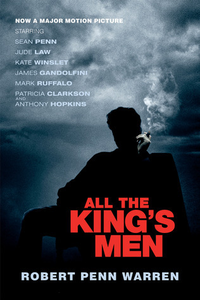 All the King's Men
All the King's Menby Robert Penn Warren
-
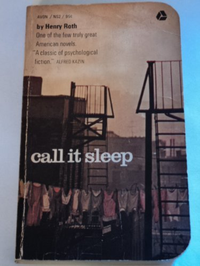 Call it sleep
Call it sleepby Henry Roth
-
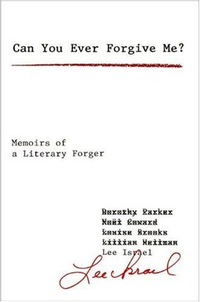 Can You Ever Forgive Me?: Memoirs of a Literary Forger
Can You Ever Forgive Me?: Memoirs of a Literary Forgerby Lee Israel
-
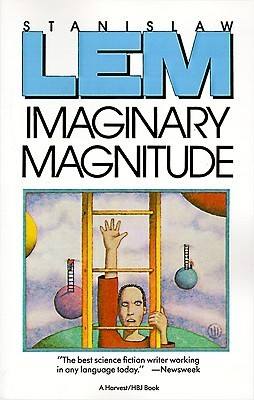 Wielkość urojona
Wielkość urojonaby Stanisław Lem
-
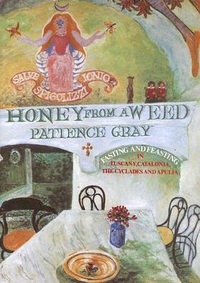
-
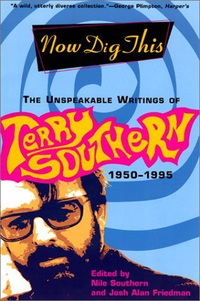 Now Dig This: The Unspeakable Writings, 1950-1995
Now Dig This: The Unspeakable Writings, 1950-1995by Terry Southern
-
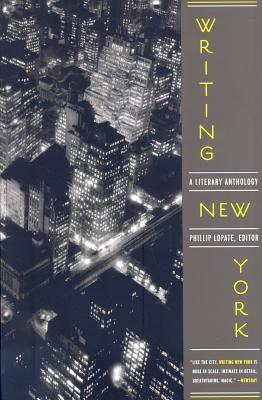
-
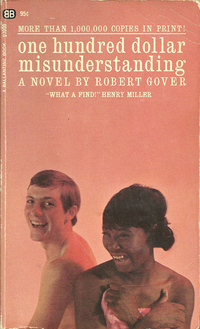 One Hundred Dollar Misunderstanding
One Hundred Dollar Misunderstandingby Robert Gover
-
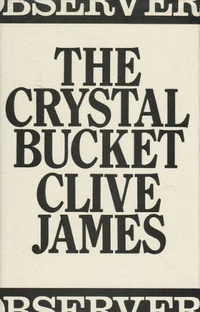
-
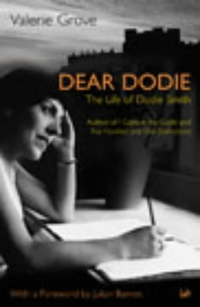 Dear Dodie
Dear Dodieby Valerie Grove
-
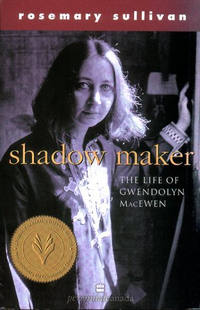 Shadow Maker: The Life of Gwendolyn MacEwan
Shadow Maker: The Life of Gwendolyn MacEwanby Rosemary Sullivan
-
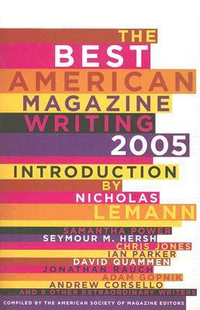 The Best American Magazine Writing 2005
The Best American Magazine Writing 2005by Nicholas Lemann
-
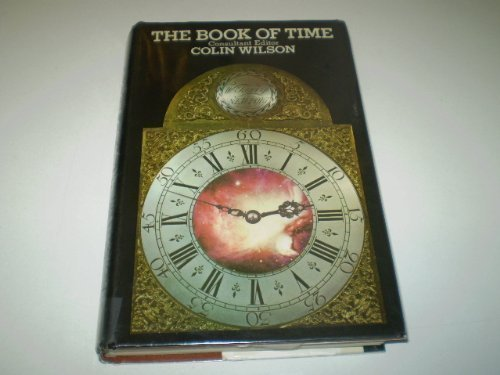 The Book of Time
The Book of Timeby John Grant
-
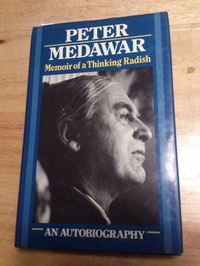 Memoir of a Thinking Radish
Memoir of a Thinking Radishby Peter Medawar
-
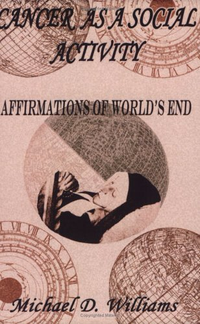 Cancer as a Social Activity: Affirmations of World's End
Cancer as a Social Activity: Affirmations of World's Endby Michael D. Williams
-
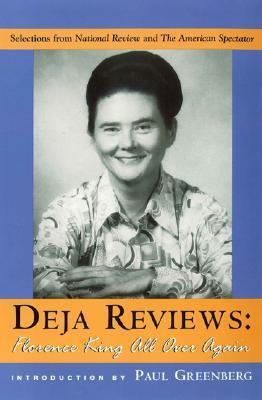
-
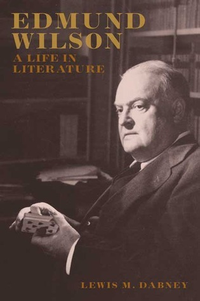 Edmund Wilson: A Life in Literature
Edmund Wilson: A Life in Literatureby Lewis M. Dabney
-
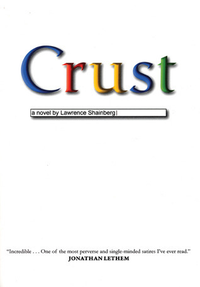 Crust
Crustby Lawrence Shainberg
-
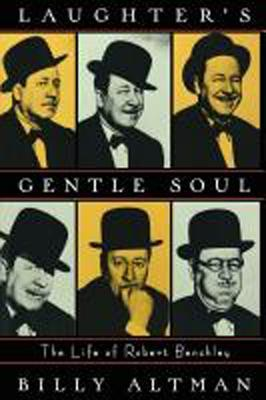 Laughter's Gentle Soul: The Life of Robert Benchley
Laughter's Gentle Soul: The Life of Robert Benchleyby Billy Altman
-
 Invisible Jukebox
Invisible Jukeboxby Tony Herrington
-
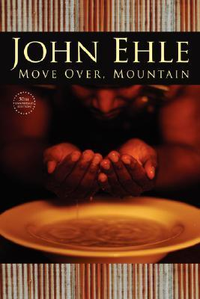 Move Over, Mountain
Move Over, Mountainby John Ehle
-
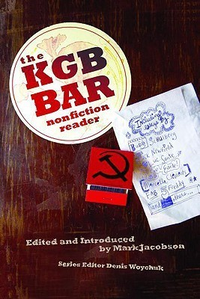 The KGB Bar Nonfiction Reader
The KGB Bar Nonfiction Readerby Mark Jacobson
-
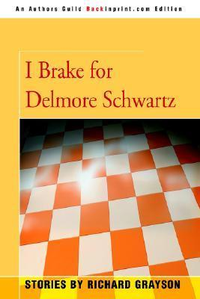 I Brake for Delmore Schwartz: Stories
I Brake for Delmore Schwartz: Storiesby Richard Grayson
-
 I Brake for Delmore Schwartz
I Brake for Delmore Schwartzby Richard Grayson
-
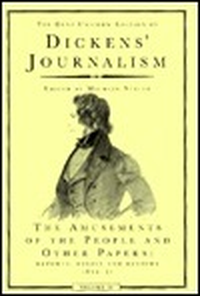
-
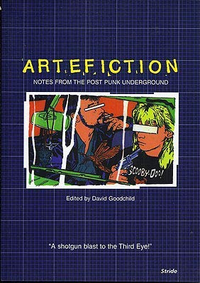 Artefiction: Notes from the Post Punk Underground
Artefiction: Notes from the Post Punk Undergroundby David Goodchild